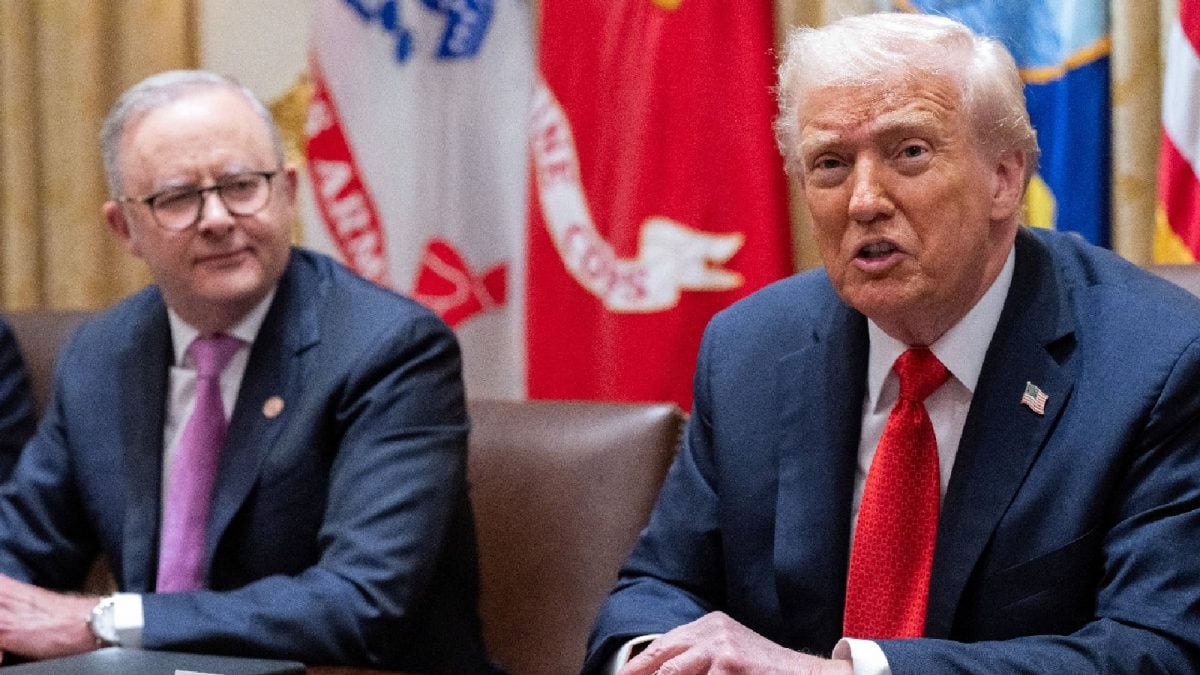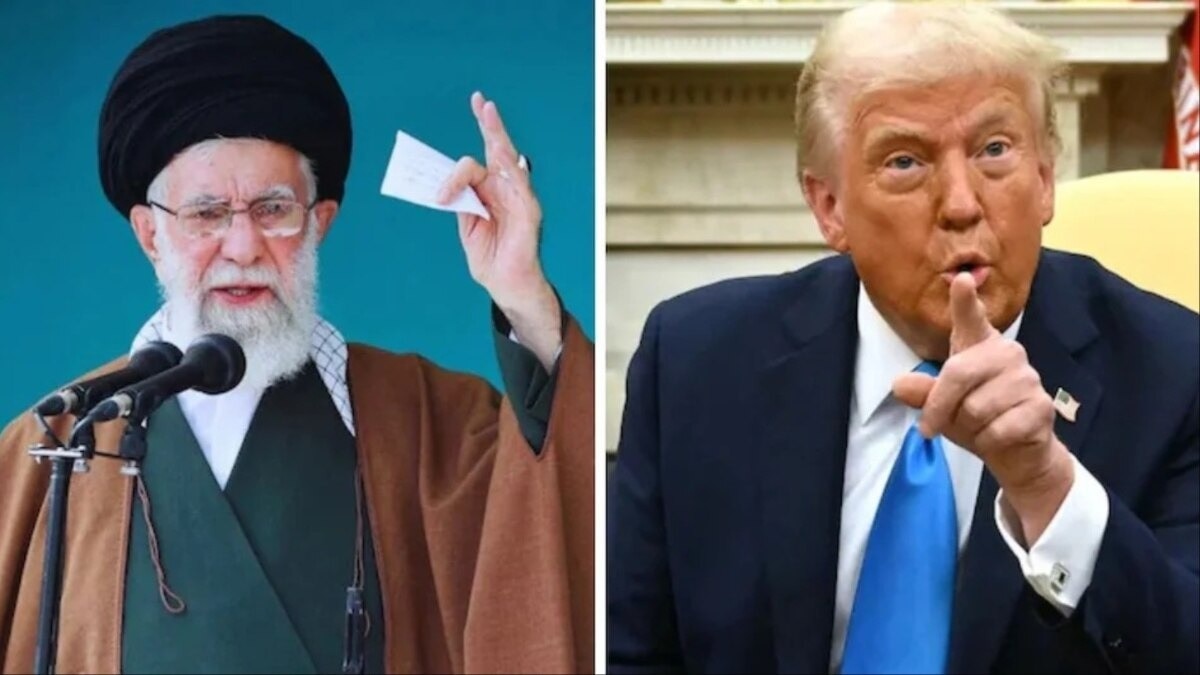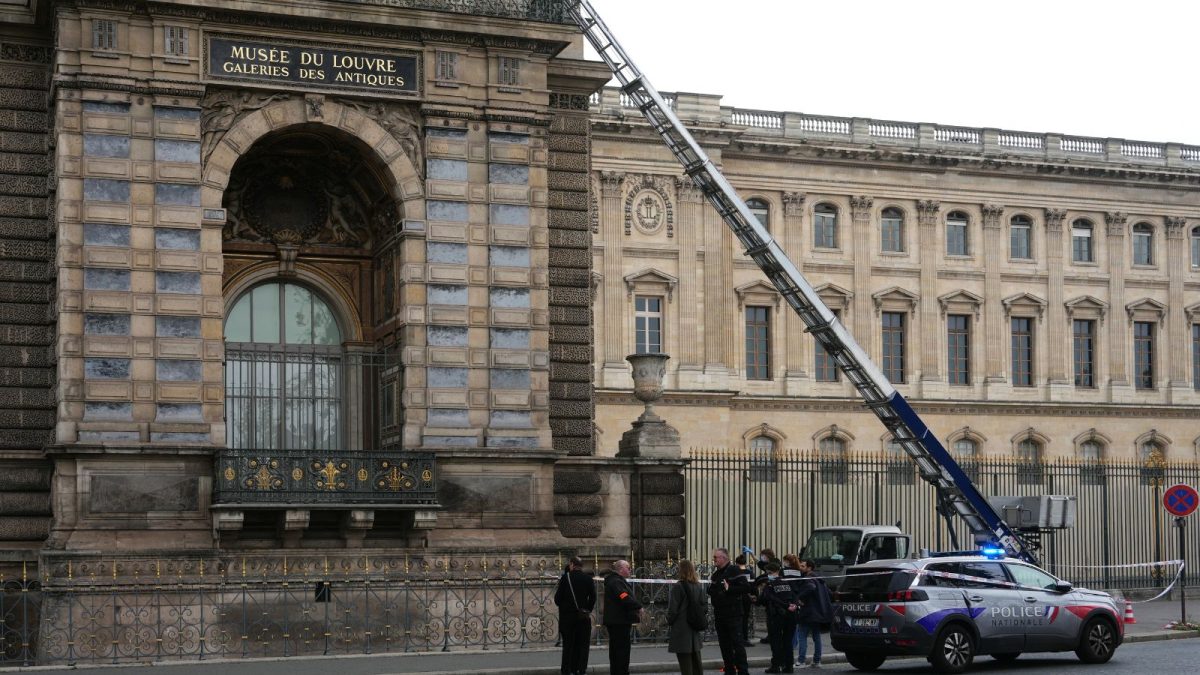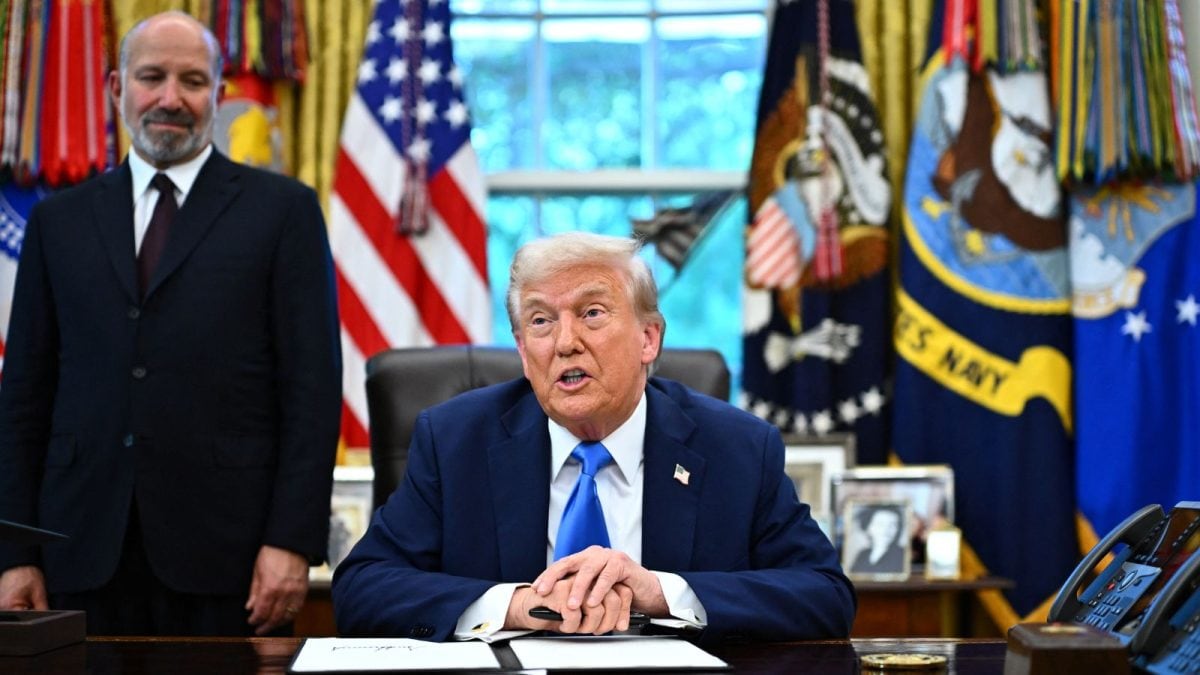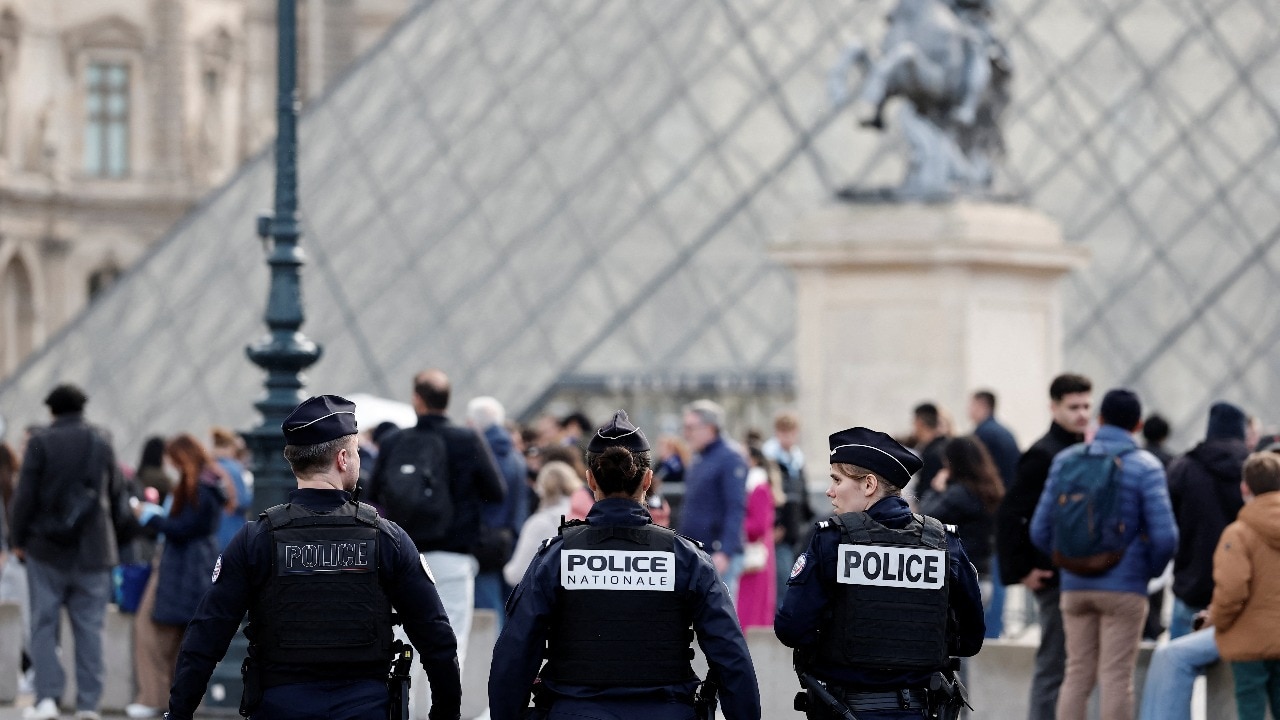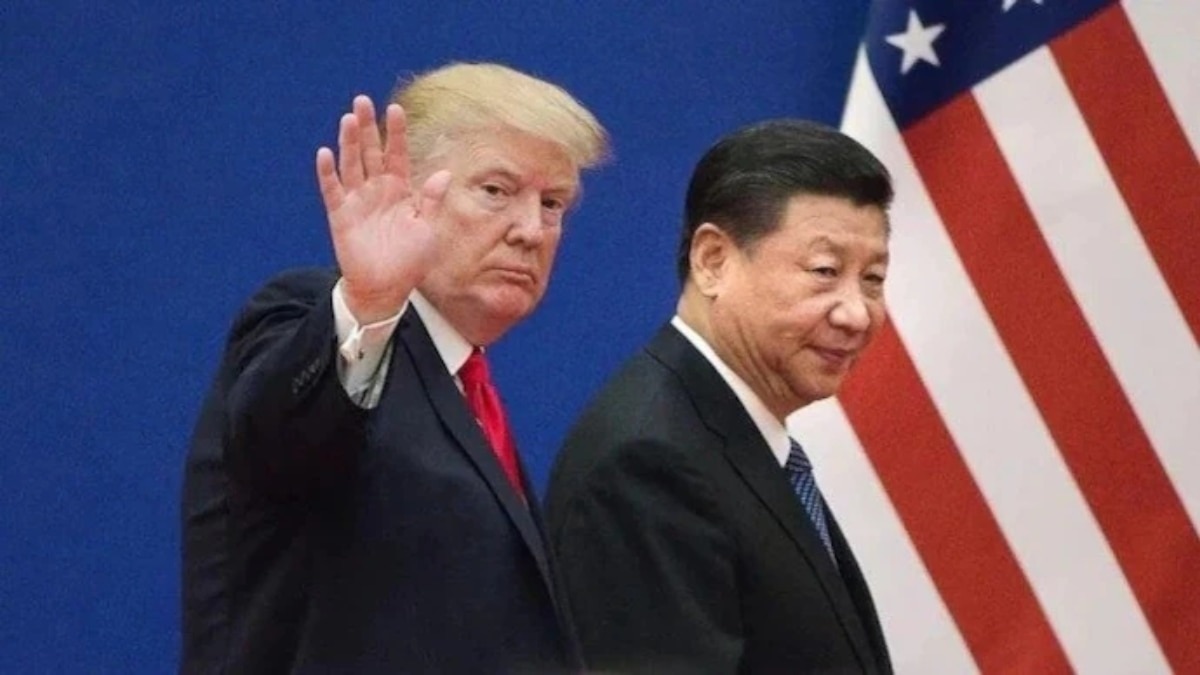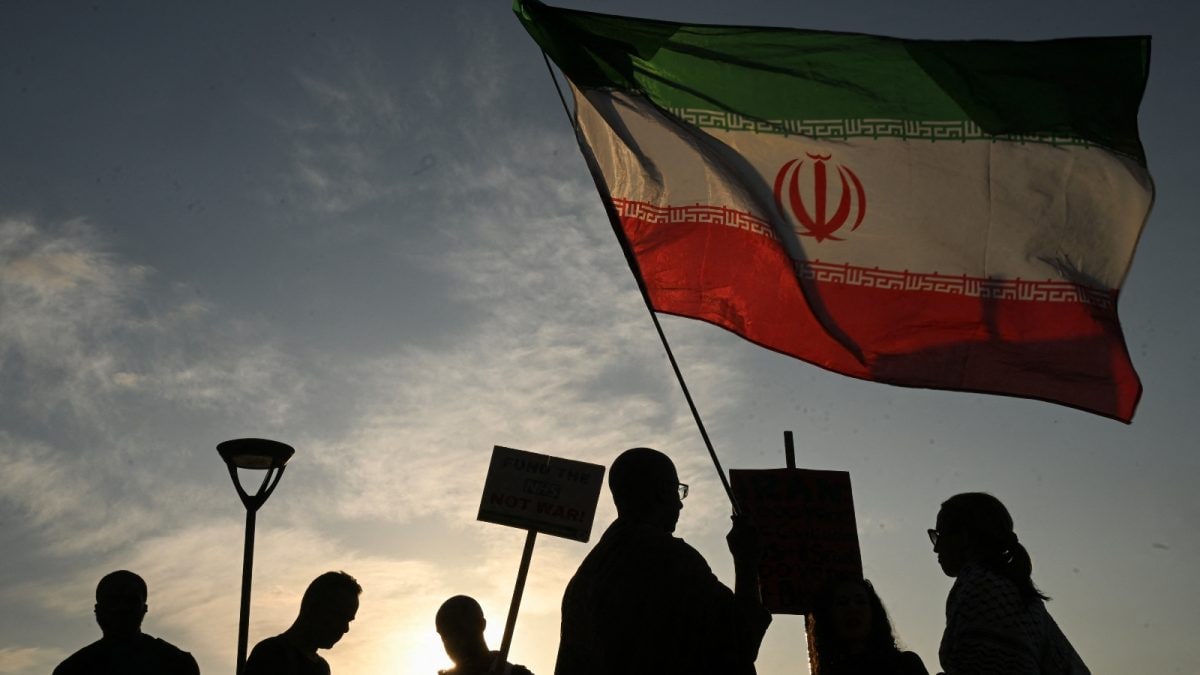India has lashed out at Pakistan after it cried foul over the suspension of the Indus Waters Treaty by New Delhi in the wake of the deadly Pahalgam terror attack in April, saying lasting cooperation was rooted in trust and not terror.
Addressing a United Nations Human Rights Council session in Geneva, diplomat Anupama Singh underlined that while the Indus Waters Treaty was signed in 1960 in a spirit of goodwill and friendship, "the world of 1960 is not the world of today".
"We are compelled to express our deep concern over the persistent and deliberate attempt by a particular delegation to politicise the proceedings of the council. Such actions not only undermine the integrity of this platform, but also seek to deflect attention from other core issues," she said.
Reiterating New Delhi's stance of terror and talks not going together, the diplomat said, "The Indus Waters Treaty signed in 1960 was concluded in a spirit of goodwill and friendship. But the world of 1960 is not the world of today. The grim reality of relentless state-sponsored terrorism emanating from Pakistan erodes the environment of honouring treaty obligation."
Continuing her tirade against Pakistan, Singh said the council should not be used as a platform for diversion and distortion.
"The escalating impact of climate change, advancement in technology and the growing imperative of sustainable clean energy compels a serious reevaluation of the treaty's relevance and applicability in today's context. A party that consistently and wilfully violates the core tenets of a treaty should not accuse others of non-compliance. It must instead recognise that lasting cooperation is rooted in trust and not terror," she further said.
On April 23, India suspended the Indus Waters Treaty a day after Pakistan-backed terrorists killed 25 tourists and a local pony operator, all of whom were men, at Baisaran Valley in Jammu and Kashmir's Pahalgam. The government declared that the treaty will remain suspended until Pakistan "credibly and irreversibly" abjured its support for cross-border terrorism.
Brokered by the World Bank and signed in 1960, the Indus Waters Treaty has long been praised as a rare instance of sustained cooperation between India and Pakistan despite the strained tensions between the nuclear-armed neighbours. Under the agreement, India was granted exclusive control over the eastern rivers - Ravi, Beas, and Sutlej - while Pakistan was given rights over the western rivers — Indus, Jhelum, and Chenab — despite their origins in Jammu and Kashmir.
India's move to halt the Indus Waters Treaty has triggered a severe water crisis in Pakistan, with the latter's two major reservoirs at their dead storage levels and agricultural production going witnessing a drastic decline.
A rattled Pakistan has demanded India to immediately reinstate the treaty and wrote letters to New Delhi, claiming it was committed to the full implementation of the agreement.
In his address to the nation in May, Prime Minister Narendra Modi reiterated India's firm stance on cross-border terrorism, stressing that "water and blood cannot flow together".
- Ends
Published By:
Prateek Chakraborty
Published On:
Sep 20, 2025
Tune In

 1 month ago
1 month ago






